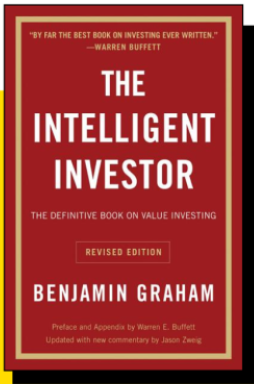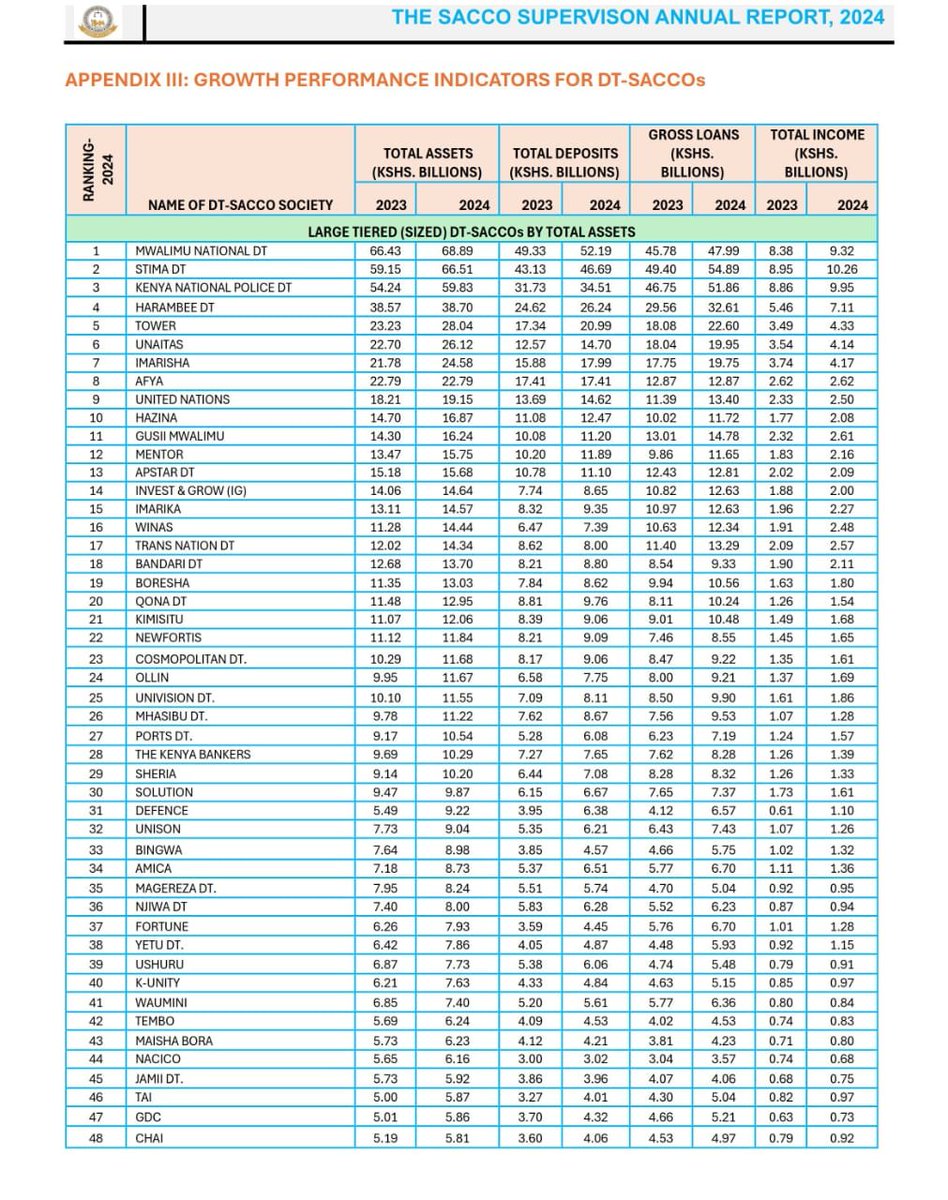5 Books that can make you a Better Investor
1. ‘One Up On Wall Street' by Peter Lynch
“Know what you own, and know why you own it”
1. ‘One Up On Wall Street' by Peter Lynch
“Know what you own, and know why you own it”

2. The Richest Man in Babylon by George S. Clason
Pay Yourself First.
Live Within Your Means.
Put Your Money to Work.
Keep Your Money Safe.
Be a Homeowner.
Insure Your Future Income.
Improve Your Skills to Earn More Income
Pay Yourself First.
Live Within Your Means.
Put Your Money to Work.
Keep Your Money Safe.
Be a Homeowner.
Insure Your Future Income.
Improve Your Skills to Earn More Income

3. The Psychology of Money by @morganhousel
When you define savings as the gap between your ego and your income,you realize why many people with decent incomes save so little
“Good investing is not necessarily about making good decisions. It’s about consistently nt screwing up”
When you define savings as the gap between your ego and your income,you realize why many people with decent incomes save so little
“Good investing is not necessarily about making good decisions. It’s about consistently nt screwing up”

4. “The Intelligent Investor” by Benjamin Graham
Learn the philosophy of “value investing” from renowned investment advisor, Benjamin Graham.
Learn the philosophy of “value investing” from renowned investment advisor, Benjamin Graham.

As a stock market staple, this book breaks down the facade of Wall Street and outlines long-term strategies to help you achieve the results you want from your investments. Originally published in 1949, this text is still relevant today and even recommended by Warren Buffett.
5. “The Simple Path to Wealth” by J.L. Collins
“The Simple Path to Wealth” provides a clear way to achieve financial independence. Collins maintains that money is the “single most powerful tool” and shows you exactly how to use it to grow your wealth.
“The Simple Path to Wealth” provides a clear way to achieve financial independence. Collins maintains that money is the “single most powerful tool” and shows you exactly how to use it to grow your wealth.

• • •
Missing some Tweet in this thread? You can try to
force a refresh






